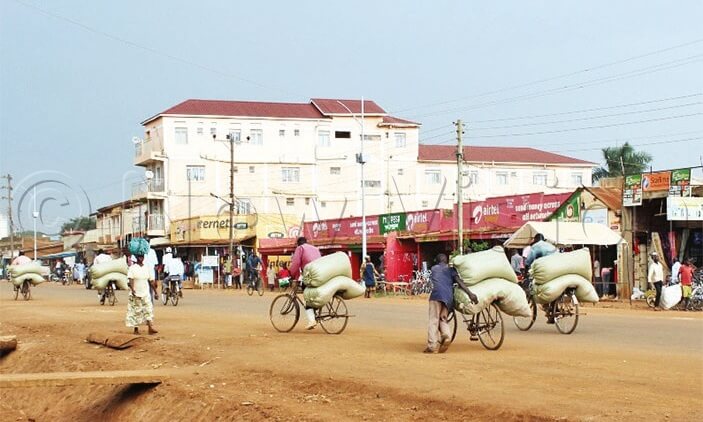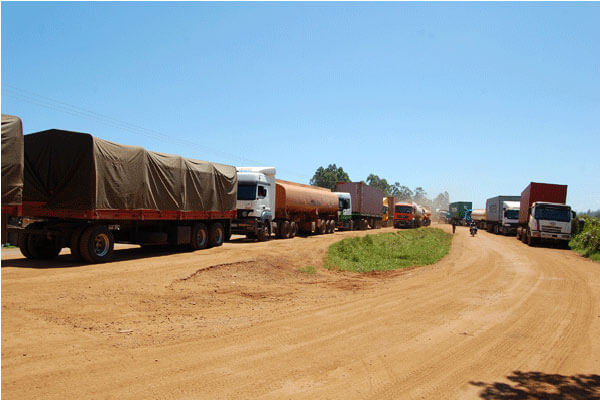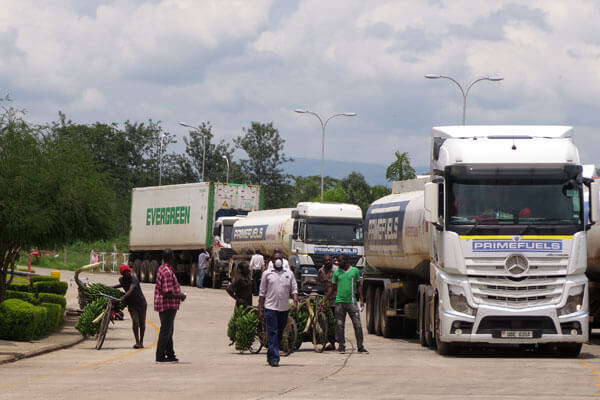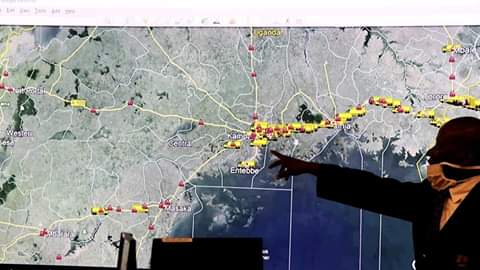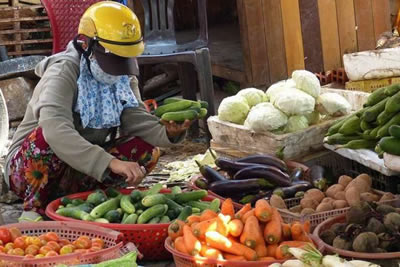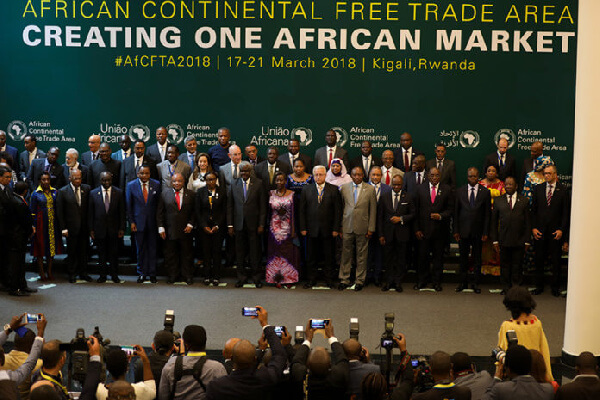COVID-19 | TRADE Uganda enjoyed a booming cross-border informal trade, 80% of which was being done by women as their sole source of income. However, the inevitable closure of borders because of the dangerous COVID-19 is threatening to drive the women out of business, writes Faridah Kulabako Over the past decade, increasing the participation of women in cross-border trade has been a key focus area for stakeholders in trade, including the Government, through the ministries of trade and the East African Community affairs and development partners, including TradeMark Africa (TMA), USAID and the Eastern African Sub Regional Support Initiative for the Advancement of Women. Policies have been instituted to increase the participation of informal cross-border women traders to boost their incomes, improve living standards, and contribute to the country’s overall economic development. Data from the Bank of Uganda (BOU) indicates that informal cross-border exports fetched the country a total of $595m (about sh2.8 trillion) in the 2017/18 financial year. The Democratic Republic of Congo was Uganda’s leading export destination, accounting for $291m (sh1.3 trillion). It was followed by Kenya with $149m (sh691b) worth of exports, Rwanda, and South Sudan at $54m (sh250b) each, then Tanzania at $45m. The main export items were agricultural produce, mainly beans, maize, sugar, bananas, and fish. Trade was generally booming, then the COVID-19 reached the region, necessitating the closure of borders and paralysing movement. According to the Elegu Women Traders chairperson, Margaret Auma, her group members are now stuck with merchandise – cereals, grains, and...
COVID-19 brings informal cross-border trade to a standstill
Posted on: April 30, 2020
Posted on: April 30, 2020

